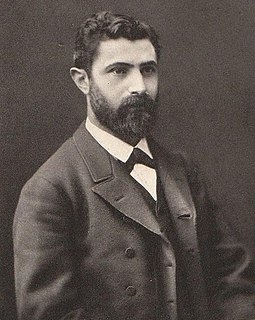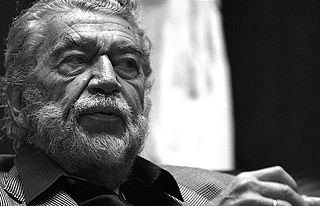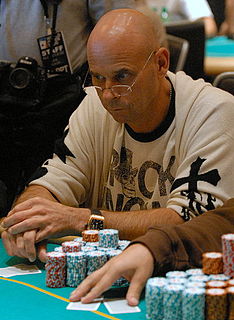A Quote by Gayle Forman
C'est courageux d'aller dans l'inconnu': It is courageous to go into territory unknown.
Quote Topics
Related Quotes
"Le génie n'est qu'une longue patience", a dit Buffon. Cela est bien incomplet. Le génie, c'est l'impatience dans les idées et la patience dans les faits : une imagination vive et un jugement calme; quelque chose comme un liquide en ébullition dans un vase qui reste toujours froid. "Genius is just enduring patience," said Buffon. This is far from complete. Genius is impatience in ideas and patience with the facts: a lively imagination and a calm judgment, rather like a liquid boiling in a cup that remains cold.
L'homme est ne pour la socie te ; se parez-le, isolez-le, ses ide es se de suniront, son caracte' re se tournera, mille affections ridicules s'e le' veront dans son coeur; des 274 pense es extravagantes germeront dans son esprit, comme les ronces dans une terre sauvage. Man is born to live in society: separate him, isolate him, and his ideas disintegrate, his character changes, a thousand ridiculous affectations rise up in his heart; extreme thoughts take hold in his mind, like the brambles in a wild field.
How will you go about finding that thing the nature of which is totally unknown to you?" (Plato) The things we want are transformative, and we don’t know or only think we know what is on the other side of that transformation. Love, wisdom, grace, inspiration- how do you go about finding these things that are in some ways about extending the boundaries of the self into unknown territory, about becoming someone else?


































